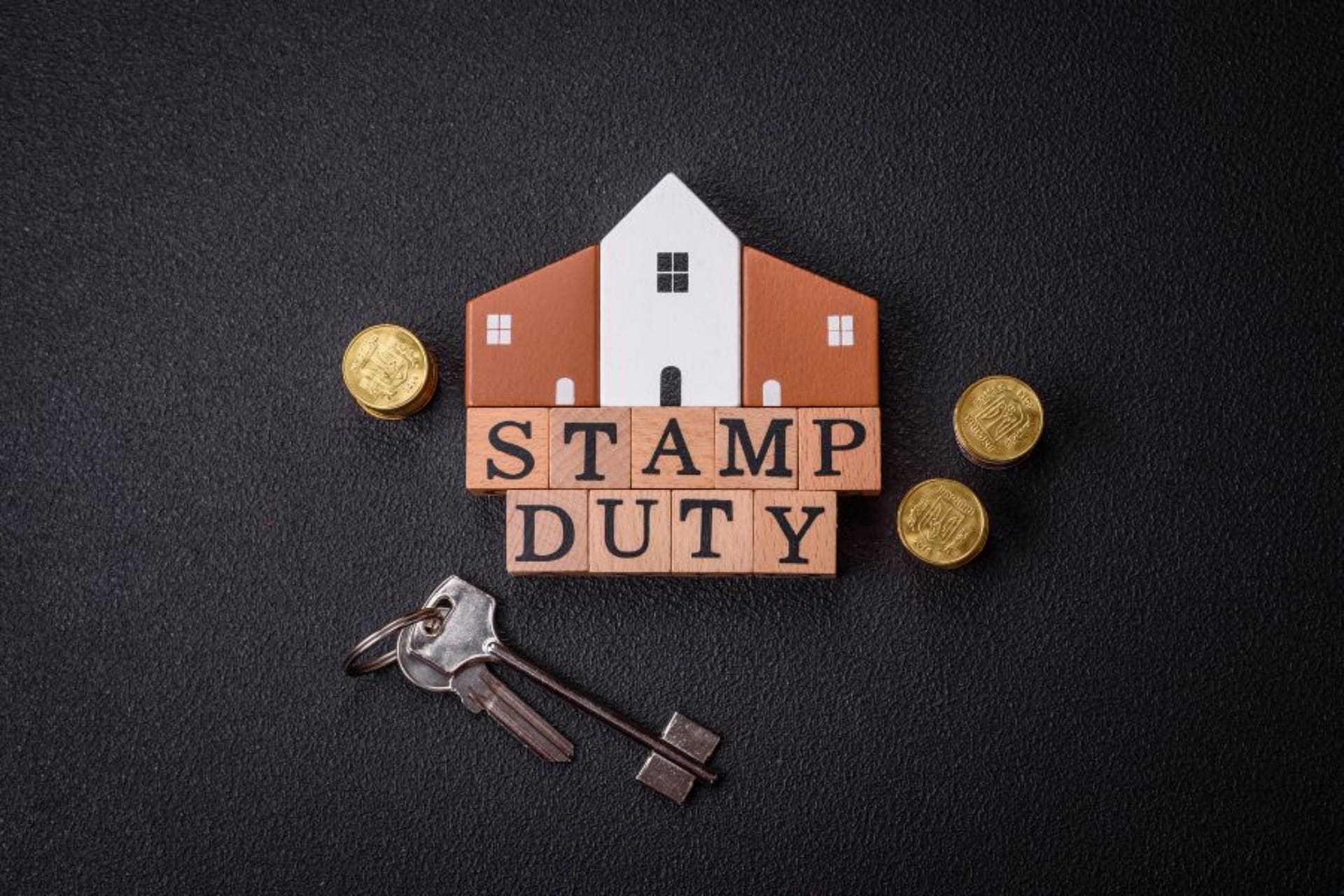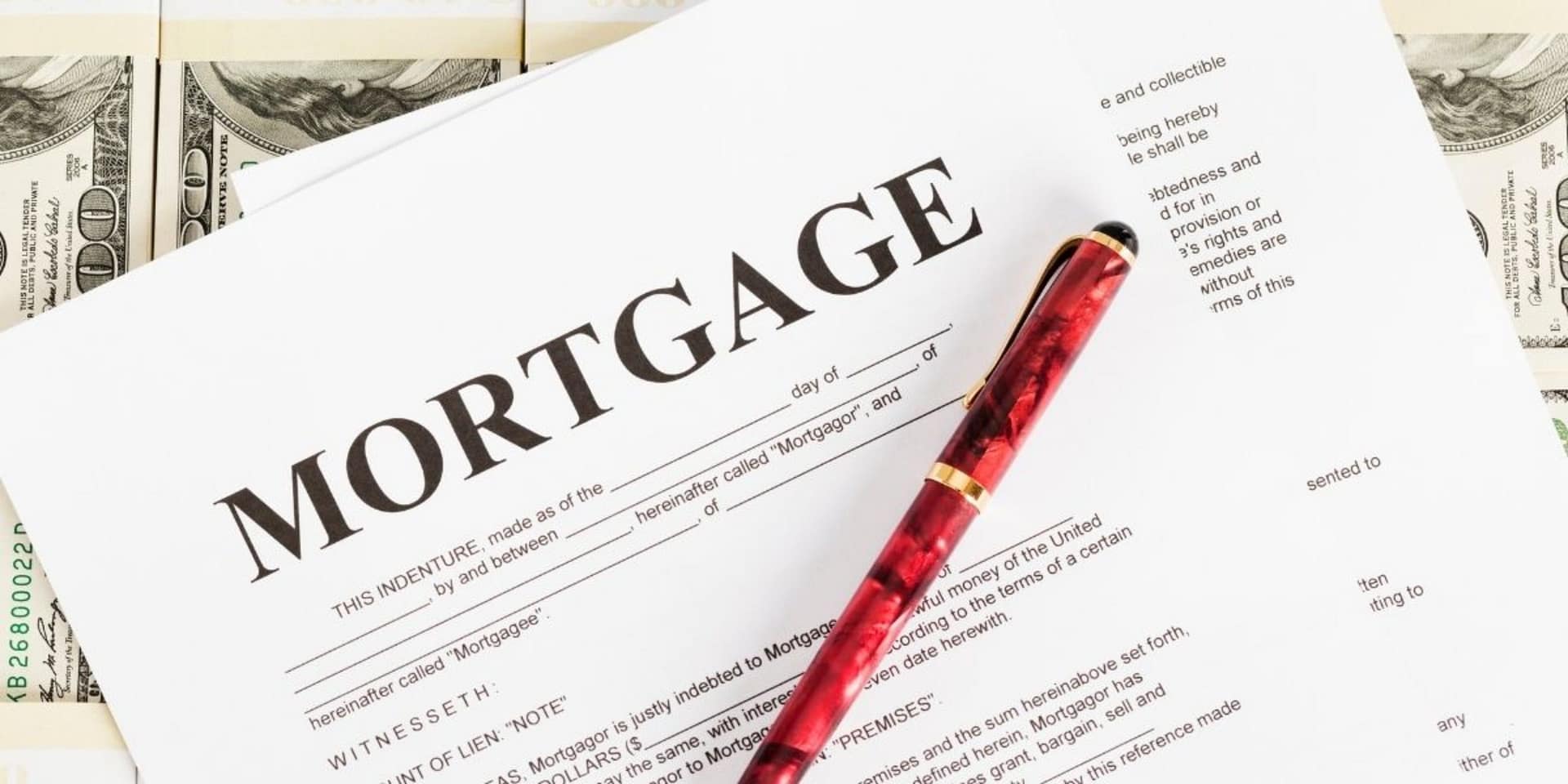When buying property in Australia, one of the first decisions you will face is whether to make a conditional offer or an unconditional offer. This choice can affect your legal rights, your ability to secure finance, and even your chances of buying the property.
A conditional offer means your purchase depends on certain conditions being met, such as receiving formal loan approval or passing a building inspection. If those conditions are not met, you can usually withdraw without penalty. An unconditional offer means you are committing to the purchase immediately, with no safety checks in place. Once accepted, you are legally bound to settle the property, even if issues arise later.
Understanding the difference between a conditional offer vs unconditional offer property helps you avoid costly mistakes and ensures you are making a confident, informed decision.
Table of Contents
ToggleWhen Should You Make a Conditional Offer on a Property?
A conditional offer is usually the safest choice if you still have things to sort out before you can fully commit to the purchase.
Here are some common situations when you should consider a conditional offer:
- You have not been fully approved for a home loan yet. Even if you have pre-approval, your lender still needs to assess the property and finalise your loan.
- You want to get a building and pest inspection. If the house has serious issues like termites, structural damage, or hidden mould, you may decide not to proceed.
- You are relying on the sale of your own property. Some buyers need to sell their current home before they can afford to buy the next one.
- You are unsure about the property’s zoning, boundaries, or legal title. It is smart to check with your conveyancer first.
Making a conditional offer gives you time to investigate the property without being rushed or pressured. It can help avoid costly surprises.
What Are the Risks of Making an Unconditional Offer?
Unconditional offers may seem appealing, especially if you want to stand out in a competitive buying situation. However, they can come with serious risks.
Here is what you need to consider before making an unconditional offer:
- No safety net if finance falls through. If your loan is not approved and your offer is unconditional, you may still have to go through with the purchase or risk losing your deposit.
- No room to pull out after an inspection. If you find out the property has major defects after the contract is signed, it may be too late to walk away.
- Legal commitment from day one. Once the seller accepts your unconditional offer, you are locked in. You cannot change your mind without legal or financial consequences.
- Loss of deposit. In most cases, if you back out of an unconditional contract, you will forfeit your deposit. You may also be sued for damages if the seller suffers a loss.
Only make an unconditional offer if you have done your checks, you have full finance approval, and you are 100% confident about the property.
Also Read: What Conditions Should I Put On A House Offer?
Can You Withdraw from a Contract After Making an Unconditional Offer?
In most cases, you cannot withdraw from an unconditional contract without facing serious consequences.
Once the contract is signed and the cooling-off period (if any) has passed, you are legally required to complete the purchase. If you try to pull out, the seller can keep your deposit and may take legal action for any losses they suffer.
That is why it is essential to speak with a conveyancer before making any offer, especially an unconditional one. They can help you understand your risks and check that your rights are protected before you commit.
Some states and territories have limited cooling-off periods or specific laws around unconditional contracts. These vary, so you should always check with a licensed professional in your area.
How Do Finance and Building Inspections Affect Conditional Offers?
Finance and building inspections are two of the most common conditions added to property contracts. They are there to protect buyers from things they cannot control.
- Finance condition: This gives you time to get full loan approval from your lender. If your finance is not approved within the time allowed, you can usually cancel the contract without penalty.
- Building and pest condition: This allows you to get a professional inspection of the property. If the report shows serious issues, like structural damage or pests, you can either cancel the contract or ask the seller to fix the problems.
Both conditions give you time to gather important information and decide if the property is right for you. They also prevent you from being forced to buy a home you cannot afford or that is unsafe.
Your conveyancer can help you include these conditions in your offer and make sure the wording is clear. That way, you know exactly what your rights are if something does not go to plan.
Before You Sign Tips
Understanding the difference between a conditional offer vs unconditional offer property gives you the power to make better decisions. A conditional offer gives you room to breathe and check the details. An unconditional offer can be strong, but only when you are fully prepared.
Buying a property is one of the biggest financial steps you will ever take. Whether it is your first home or your fifth, the contract should never be rushed or signed without care. Knowing when to pause, ask questions, and get advice can protect your future and your finances.
Need Help Making the Right Offer?
Are you unsure whether a conditional or unconditional offer is right for your property purchase? Let CJC Law review your contract and protect your interests from day one.
Our experienced team of conveyancers is here to make the process clear, simple, and stress-free. Whether you’re buying your dream home or investing in your future, we’ll ensure your offer is handled with expert care. Contact us today for expert guidance before you sign.




